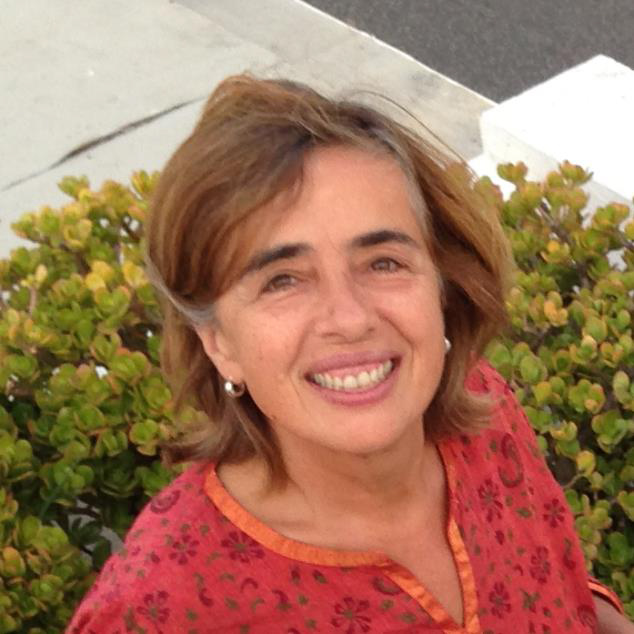Two more Portuguese researchers awarded top Studentships

This March, the European Research Council (ERC) announced the award of two more Studentships research carried out in Portugal. The research projects of Cristiana Bastos, principal investigator at the Institute of Social Sciences (ICS) of the University of Lisbon, and Luís Oliveira e Silva, professor in the Department of Physics and chair of the scientific council of the Instituto Superior Técnico (IST), were awarded the Studentship most prestigious Studentship – the Advanced Grant.
Advanced Grants are Studentships monetary Studentships awarded by the European Research Council, which were conceived by this institution to ensure that leading researchers, of any age and nationality, continue to develop innovative and challenging research projects within Europe.
Cristiana Bastos' project is entitled "The Color of Work: the Racialized Lives of Migrants" and focuses on racism, racialization, borders, and migration through the study of intercontinental flows of workers in the post-abolition era and the dynamics of inclusion/tension/competition that were established locally, accompanied by conceptual formations sometimes presented as racial science. From a Portuguese perspective, it takes a look at expansion in a way that is entirely different from the one that prevails today, replacing the narrative of caravels and discoveries with that of work, difficulties, and social achievements. But the project's objective is broader and, as the evaluators unanimously pointed out, opens up new frontiers in the current state of knowledge, articulating different scientific fields, methodologies, points of observation, and theoretical goals. The Advanced Grant awarded to the project is worth €2.2 million.
Cristiana Bastos is an anthropologist. She coordinates the Identities, Cultures, Vulnerabilities research group at the Institute of Social Sciences. She graduated from the Faculty of Social and Human Sciences (FCSH-UNL) and received her PhD from the City University of New York. Her interests lie at the intersection of anthropology, history, and social studies of science, materializing in lines of research on population dynamics, transnational mobility, colonial biopolitics, medicine and empire, and the social history of health and well-being.

The Studentship to Luís Oliveira e Silva recognizes the importance of his exploratory work on the mechanisms that enable the conversion of laser light into matter and antimatter, a direct illustration of Einstein's famous formula E=mc2. Using the world's largest supercomputers, the project, called InPairs, will also study the collective properties resulting from the interaction of photons, electrons, and positrons in the presence of ultra-intense fields. These extreme environments can be found in some of the most spectacular events in the Universe, such as neutron stars and pulsars. The aim is also to identify how to reproduce these extreme conditions in the laboratory, for example in the focus of ultra-intense lasers, and to explore the use of these configurations to produce high-quality gamma-ray sources. The value of this Advanced Grant awarded to Luís Oliveira e Silva is €1.95 million. In 2010, the researcher had already been awarded this Studentship , worth €1.6 million, becoming the first researcher to develop work in Portugal in the field of physical sciences and engineering to be twice awarded an Advanced Grant.
Luís Oliveira e Silva graduated in Technological Physics Engineering and obtained his PhD in Physics at IST. He completed his postdoctoral studies at the University of California, Los Angeles (USA), and leads the theory and numerical simulation team at the Lasers and Plasmas Group of the Institute of Plasmas and Nuclear Fusion (IST), an institution funded by FCT, where the InPairs project will be developed.